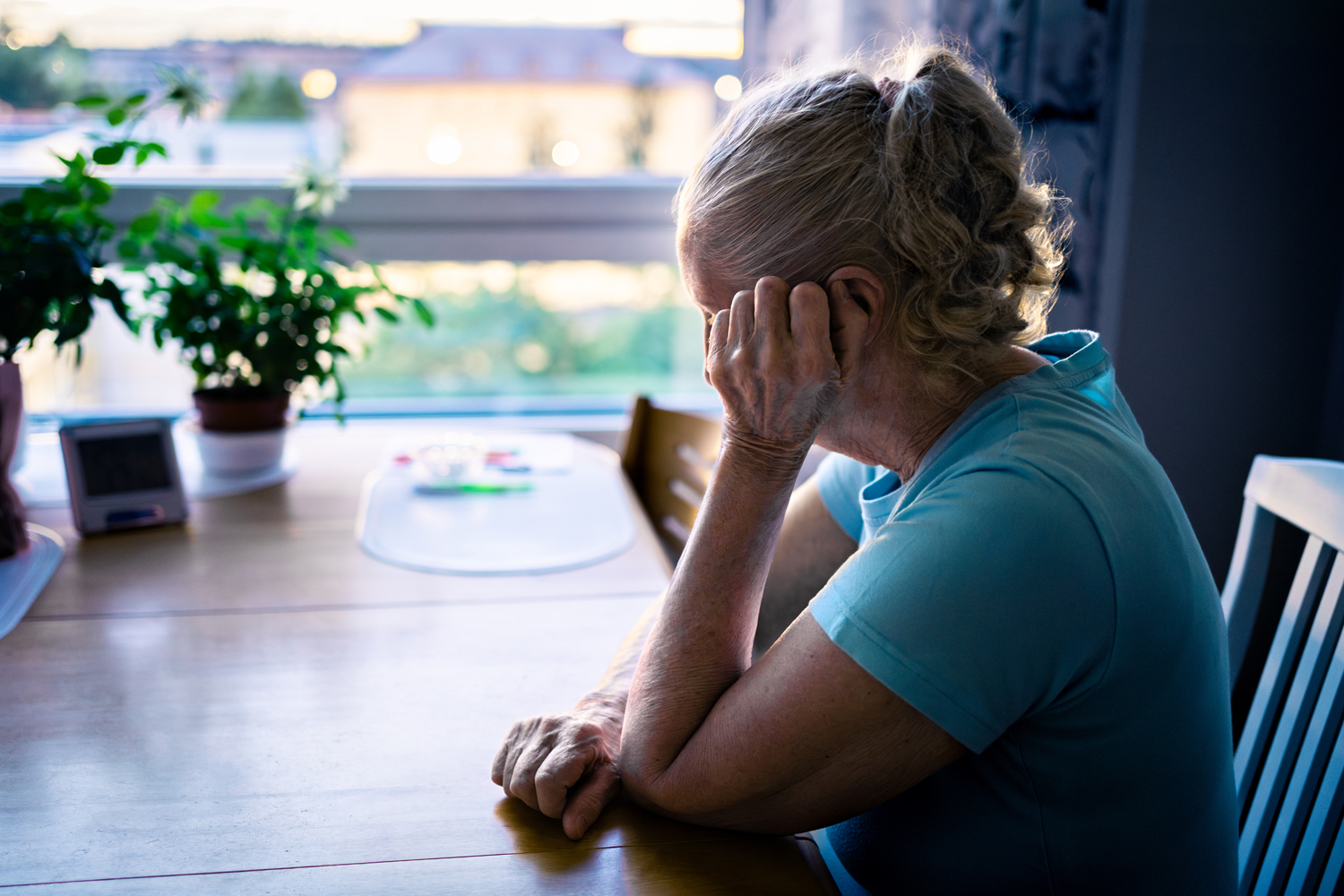PHYSICAL ACTIVITY has been linked with a number of benefits, both physical and emotional, for cancer patients. But a study presented April 29 at the American Association for Cancer Research (AACR) Annual Meeting 2025 in Chicago found that cancer-related fatigue and depression were associated with decreased recreational physical activity and were more likely to affect women. (The AACR publishes Cancer Today.)
“What is the most common complaint you hear from patients?” Simo Du, a resident physician at NYC Health + Hospitals/Jacobi in New York City and lead author of the study asked at a press conference. “Over the last few years, I’ve noticed a lot of patients complain of feeling exhausted, tired, fatigued.”
More than 80% of people with cancer will experience fatigue at some point during treatment according to the National Cancer Institute (NCI), but despite being well-known, Du said the condition is still underreported and undertreated.
Fatigue is described as a feeling of extreme tiredness that can interfere with a person’s daily life and is not remedied simply by catching up on rest. Cancer-related fatigue has been linked to treatments, including chemotherapy and radiation, and it can last for months or years, even after the treatment ends. Depression, which frequently coincides with fatigue, is marked by feelings of sadness or despair and difficulty dealing with daily life over an extended period. It may affect up to 25% of people with cancer according to the NCI.
Some research has suggested women and men may be affected differently by depression and fatigue due to both psychosocial and societal factors and biological differences, such as the extended use of hormone therapies in breast cancer treatment and slower clearance of drugs from the body. But the researchers found that gaps remained in the understanding of potential disparities by sex, and for this study, they were interested in understanding the incidence of these effects in men and women and how they may affect work and recreational activities.
Experiences of Cancer-related Fatigue and Depression
The study included the responses of 1,555 cancer survivors from the National Health and Nutrition Examination Survey (NHANES) in 2015-2016 and 2017-2020. The NHANES is conducted annually and collects information about the health and diet of people in the U.S., including a section on depression and anxiety.
Adjusted analysis of the responses showed that women with cancer were 54% more likely to experience fatigue and 32% more likely to experience depression than men. In the depression questionnaire, women were more likely to experience each symptom—including feeling down, finding little interest in doing things, and trouble sleeping—except thoughts of self-harm.
For both men and women, depression and fatigue interfered with recreational activities, such as gardening, biking and walking. Cancer survivors with fatigue were 93% more likely to report withdrawing from their recreational activities than people without the condition, and those with depression were more than twice as likely to report a reduction than their peers. Work activity was also looked at, but the findings did not show a meaningful difference in that area for people who experienced fatigue or depression.
Physical activity can have positive effects for cancer patients, increasing emotional and physical health, and the American Society of Clinical Oncology (ASCO) recommends that most people with early-stage cancer treatment should try to get physical activity during treatment.
This study found that moderate exercise was associated with protection against both depression and fatigue. People who reported getting moderate physical activity had about half the risk of developing fatigue and a 59% lower risk of depression.
While vigorous exercise was linked to a further drop in the risk of depression, it did not lower the risk of fatigue, and Du suggests considering what may be the optimal dose of activity for each patient when it comes to exercise in addressing fatigue.
“I think it’s important … to do individualized therapies because the cancer population is very different from the general population,” Du said, pointing out that patients may have other effects that make them more susceptible to infection or injury that should be considered in recommending physical interventions.
The study had some limitations including the use of self-reported data, which are subjective and have potential for bias. Du said future research should look into understanding the underlying causes of fatigue in the body and into tailored interventions, such as exercise programs and wearable device monitoring, to address cancer-related fatigue and depression.
Cancer Today magazine is free to cancer patients, survivors and caregivers who live in the U.S. Subscribe here to receive four issues per year.





